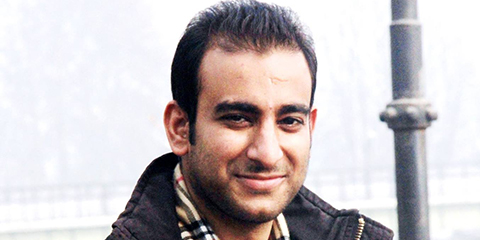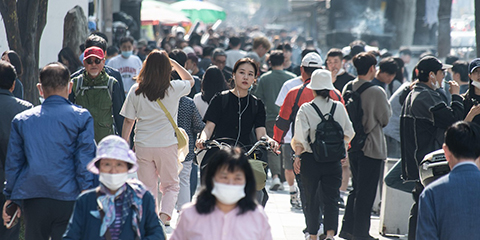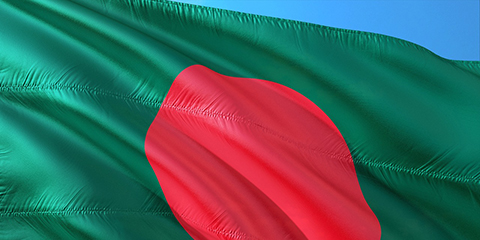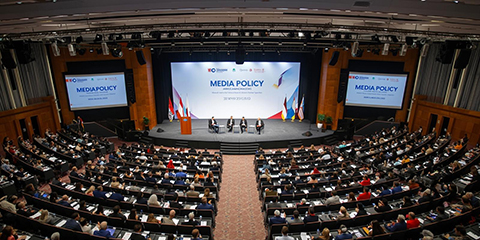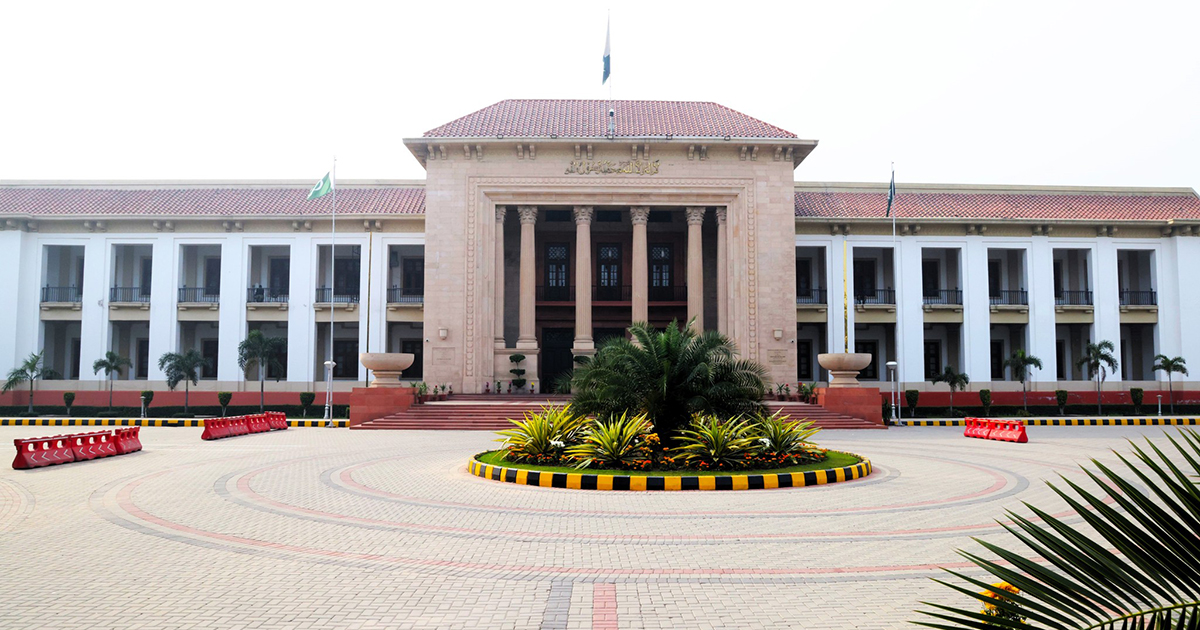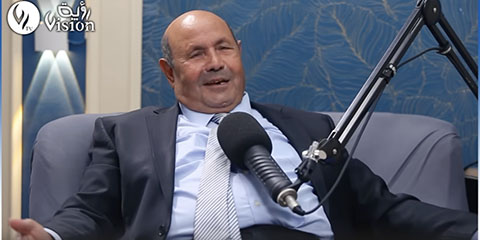China’s state media escalates attacks on Japan over Taiwan remarks
JournalismPakistan.com | Published last month
Join our WhatsApp channel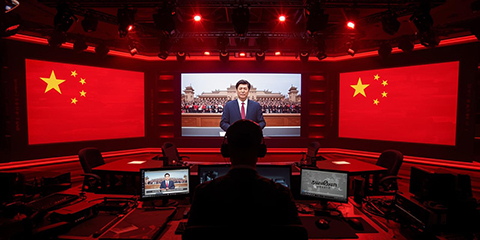
Chinese state media slams Japan’s prime minister over Taiwan remarks, intensifying nationalist messaging, highlighting propaganda tactics, and deepening cross-Strait media tensions.Summary
BEIJING — Chinese state-run media on Tuesday unleashed a wave of sharp criticism against Japanese Prime Minister Sanae Takaichi over her recent remarks concerning Taiwan, accusing her of making “extremely malicious” statements and “interfering in China’s internal affairs.”
According to Reuters, the coverage, dominated by state broadcasters such as CCTV and the People’s Daily, quickly spread across digital platforms including Weibo, where official accounts amplified hashtags calling for Japan to “respect China’s sovereignty.” The coordinated reaction underscored Beijing’s growing reliance on its tightly controlled media apparatus as a tool of both domestic mobilization and foreign policy pressure.
Takaichi, Japan’s first female prime minister, had reiterated Tokyo’s position that “peace and stability across the Taiwan Strait are vital for international security.” Her remarks came amid heightened tensions between China and Taiwan, and at a time when Japan is strengthening defense and intelligence cooperation with the United States and other regional partners.
- Chinese state media launched coordinated attacks on Japan’s Prime Minister Sanae Takaichi over her Taiwan remarks, calling them “extremely malicious.”
- The campaign, amplified across CCTV, People’s Daily, and social media, reflects Beijing’s use of media as a diplomatic weapon and propaganda tool.
- The escalation underscores rising cross-Strait tensions and worsening conditions for independent and foreign journalists operating in China.
Within hours, Chinese media commentators framed Takaichi’s comments as part of what they called Japan’s “provocative alignment” with the West. The Global Times, known for its nationalist tone, said Japan was “testing China’s bottom line” and warned that Beijing “will not tolerate external meddling.” On state television, political talk shows repeated similar lines, blending domestic nationalist sentiment with warnings about Japan’s “historical aggression” — a recurring theme in Chinese propaganda narratives.
Analysts say the campaign reflects how China’s government-controlled outlets are being used not just to shape public opinion at home but also to send calibrated diplomatic signals abroad. “This is Beijing’s familiar playbook — using the media to both channel public anger and to warn foreign governments,” said a regional media scholar based in Hong Kong. “It’s a way to create controlled outrage that reinforces the government’s stance while suppressing independent reporting.”
The escalation also comes at a delicate moment for foreign journalists in China. Several correspondents have reported tighter restrictions, delayed accreditations, and increased surveillance in recent months. Advocacy groups such as the Foreign Correspondents’ Club of China (FCCC) have warned that nationalist narratives — particularly those targeting Japan, the U.S., and Taiwan — are making conditions for international reporting increasingly hostile.
Observers note that China’s external propaganda strategy has evolved to incorporate social media more aggressively, with government-linked influencers, “wolf warrior” diplomats, and official accounts driving coordinated messaging. The speed and scale of online amplification this week suggest a well-orchestrated effort to dominate the information space and drown out moderate voices.
Japan’s foreign ministry has so far refrained from responding directly to the Chinese media rhetoric, but Tokyo-based analysts said the outburst could complicate bilateral dialogue ahead of regional summits. “When diplomacy is conducted through the media, it leaves little room for quiet negotiation,” said an Asia-Pacific policy expert at Keio University.
Photo: AI-generated image — the people depicted are not real





